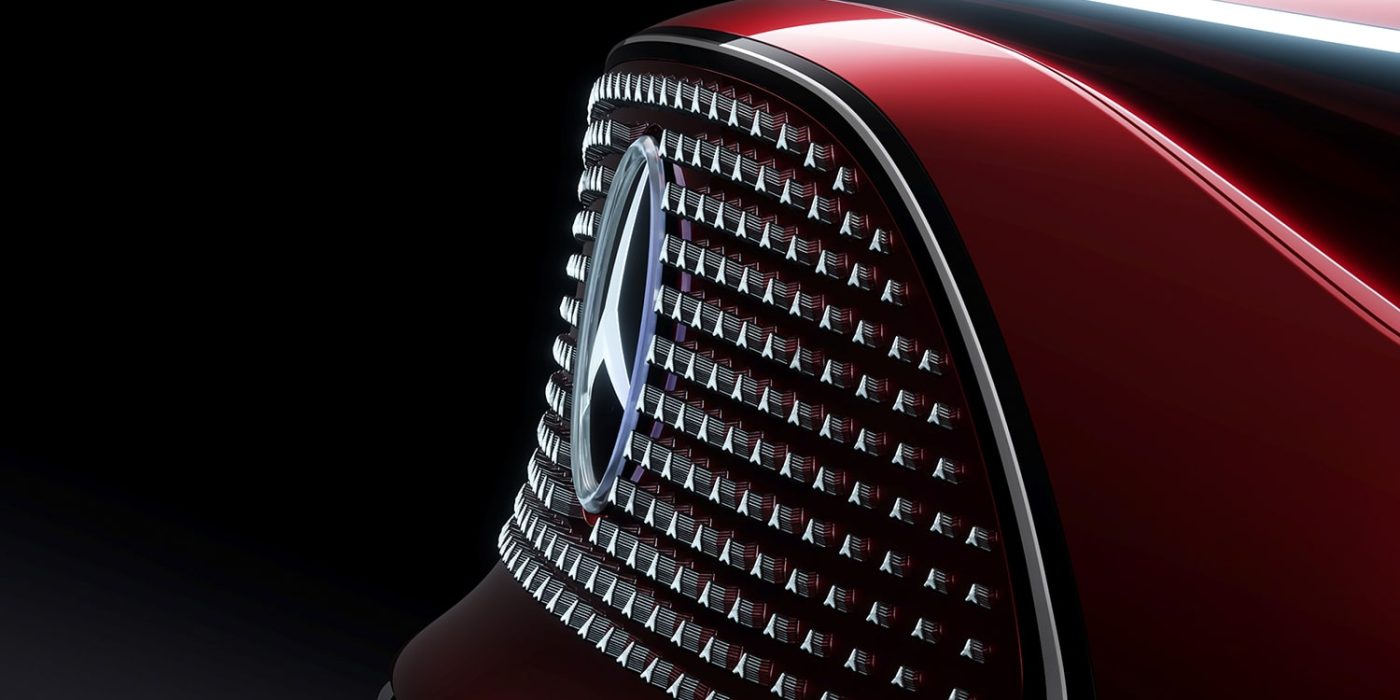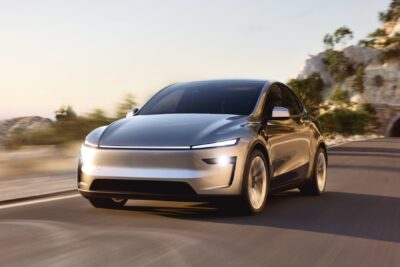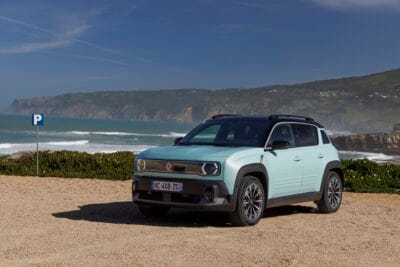Mercedes drastically behind electric target for 2030
When Mercedes-Benz Passenger Cars published its sales figures for the past year in mid-January, it was still talking about an EV share of eleven per cent – according to the figures at the time, the carmaker delivered 222,600 EVs in 2023. The EV share has since been adjusted slightly upwards, and Mercedes says it sold 240,668 BEVs. While 73 per cent growth sounded positive, the result was assessed differently internally: The Group is below target for electric sales by at least 168,000 vehicles, the German Handelsblatt reports.
As a result, Mercedes CEO Ola Källenius has now cancelled his own electric target for 2030. As recently as 2021, the Swede had announced the goal of selling only purely electric new cars from 2030 if possible – Mercedes wants to become an electric brand where “market conditions allow.” The new direction in the financial results announcement sounds completely different: “The company expects xEV sales to reach up to 50% of overall sales in the second half of the decade.” In other words, Källenius has buried the “electric only” target.
The Stuttgart-based company refers to BEVs and PHEVs as “xEVs.” That means, instead of almost 100 per cent BEV share in 2030, the manufacturer assumes that the total share of BEVs and PHEVs account for no more than half of all sales by the end of the decade – an explicit BEV share is no longer mentioned.
Mercedes plans to build combustion engines into the 2030s
Instead, the statement now reads: “The company plans to be in a position to cater to different customer needs, whether it’s an all-electric drivetrain or an electrified combustion engine, until well into the 2030s.” It sounds like the strategy of competitor BMW, which still hasn’t named a year for the end of the combustion engine and wants to fulfil customer wishes with different technologies. While BMW also has (limited) fuel cell plans, Mercedes does not mention FCEVs. However, the Stuttgart-based company is also much more cautious regarding the end of the combustion engine with the phrase “until well into the 2030s.” It is unknown whether the target, also announced in 2021, of only introducing all-electric platforms from 2025 still stands. Should this be the case, combustion-powered Mercedes would be based on very old platforms in the 2030s.
Briefly on the financial figures, in which electric vehicles are not listed separately: Mercedes-Benz sales rose slightly to 153.2 billion euros, but the operating result (EBIT) fell by around four per cent to 19.7 billion euros. The margin for passenger cars fell to 12.6 per cent (2022: 14.6 per cent), while the margin for vans rose from 11 to 15.5 per cent. In addition to EV sales being below plan, supply chain problems also weighed on the car manufacturer in 2023. Because supplier Bosch was unable to get to grips with production problems for 48-volt batteries for mild hybrids, Mercedes failed to build some 100,000 units of the new GLC and EV as planned. At the same time, expenditure on research and development “for future platforms and technologies, particularly for MB.OS” increased.
Mercedes now wants to achieve the electric target of 20 per cent – in a weakened form – in the current year instead of 2023. “The xEV share is expected to remain at approximately 19% – 21% of new car sales,” the press release states. So instead of 20 per cent BEVs, the Stuttgart-based company now includes plug-in hybrids again.
The xEV share will be an important forecasting indicator for the manufacturer. “This will replace the current CO₂ emissions KPI for the new car fleet in Europe and reflects the global activities of the Mercedes-Benz Group,” says Mercedes.
Even if the boardroom is now much more cautious, the course is set for the electric future: “The starting point will be next year with the all-new electric CLA. While the upcoming models will set standards in improving efficiency and charging time, the company believes that the battery costs per kilowatt hour can be reduced by more than 30% in the next few years, thanks to optimised cell and module design, improved vehicle integration, further development of cell chemistries (e.g. NMC, next generation LFP), cell updates during the lifecycle and continuous improvement agreements with suppliers.”
CEO Källenius does not comment personally on the new EV and xEV targets in the press release. He is quoted as follows: “Mercedes-Benz continued its transformation in 2023, developing new cutting-edge electric and digital innovations, while scaling electric vehicles and delivering solid financial results. In other words, the team once again came through to execute our strategy in challenging times, delivering the eSprinter and the new E-Class.”





0 Comments